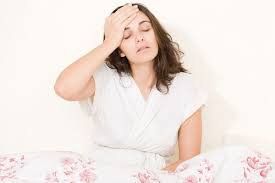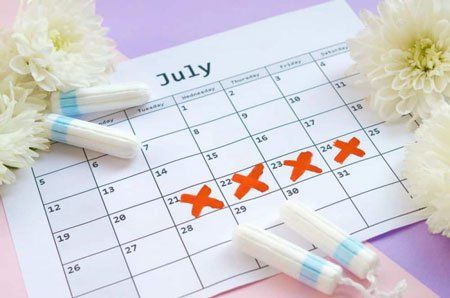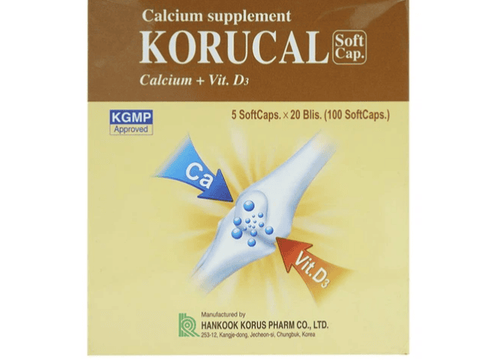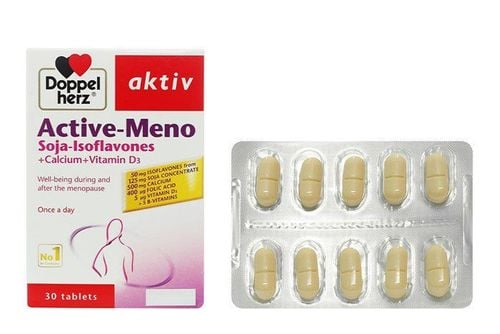This is an automatically translated article.
The article was professionally consulted with Specialist Doctor II Huynh Thi Hien - Obstetrician and Gynecologist - Department of Obstetrics and Gynecology - Vinmec Nha Trang International General Hospital.Menopause is a phase that every woman has to go through. It happens when a woman stops menstruating. Before menopause, women gradually produce less estrogen is called perimenopause. Taking certain vitamin supplements can help reduce symptoms of menopause and perimenopause.
1. How does menopause affect the body?
Common disorders of perimenopause and menopause in women include:Hot flashes Insomnia Vaginal dryness Night sweats Weight gain High mood Changes in libido Some women experience Menopause is quite mild with few mild symptoms. Others experience more severe symptoms. As estrogen levels in the body decrease, the risk of developing certain diseases in the elderly increases. These include:
Osteoporosis Heart Disease Urinary incontinence Certain vitamins may help ease perimenopausal symptoms and support overall health. Here are five vitamins that help ease symptoms caused by low estrogen.
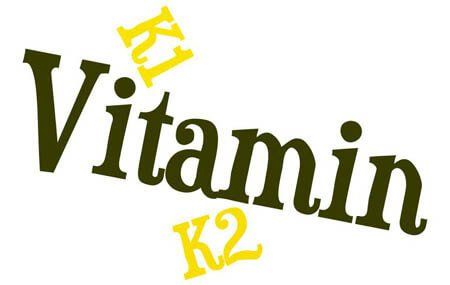
2. What do perimenopause and menopause drink?
2.1. Option <br/>1: Vitamin A
Vitamin A is the name for a group of compounds called retinoids and is stored in the liver. However, too much Vitamin A can also be toxic. Vitamin A is added to your body when you eat animal products, fortified foods, or vitamin A tablets. You also get vitamin A when you eat beta-carotene-rich fruits and vegetables. Your body will convert beta-carotene into vitamin A as needed.Vitamin A is essential for healthy bones, however, whether or not vitamin A should be taken during menopause is controversial. A 2002 study found that taking high doses of vitamin A supplements may increase the risk of hip fracture in postmenopausal women. This leads some to question whether vitamin A is really good for your bones. This question currently has no definite answer.
However, if vitamin A is obtained from beta-carotene, it does not increase the risk of fractures, on the contrary, it helps maintain bone health after menopause. You can get vitamin A from beta carotene by eating orange and yellow fruits and vegetables. If you want to take a vitamin A supplement, the recommended daily dose is 5,000 IU. You should look for a supplement that has at least 20 percent of your vitamin A from beta-carotene.
2.2. Option <br/>2: Vitamin B-12
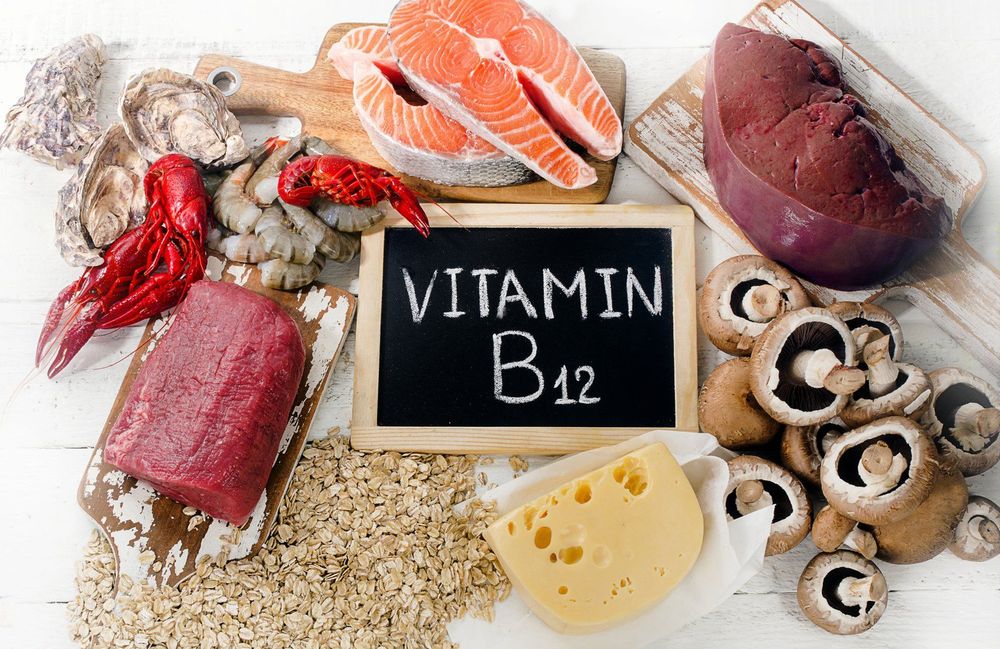
DNA production Nervous function red blood cell generation As we age, the body will lose part of its ability to absorb vitamin B-12 and the risk of vitamin B-12 deficiency increase. Symptoms of vitamin B-12 deficiency are vague and can include:
Fatigue Weakness Constipation Loss of appetite Numbness and tingling in hands and feet Depression Confusion Memory loss In later stages, vitamin deficiency B-12 can cause anemia. The recommended daily level of vitamin B12 is 2.4 micrograms (mcg) for women 14 years of age and older. You can help meet this requirement during and after menopause by taking vitamin B-12 supplements through fortified foods and supplements.
2.3. Option <br/>3: Vitamin B-6
Vitamin B6 (pyridoxine) helps make serotonin, a chemical responsible for signaling to the brain. As women age, serotonin levels decrease. Fluctuating serotonin levels can be a cause of the mood swings and depression common during menopause.Recommended dose: 100mg of vitamin B6 per day for women 19 years of age and older. Taking vitamin B6 supplements during and after menopause can help manage symptoms caused by low serotonin levels such as loss of energy and depression.
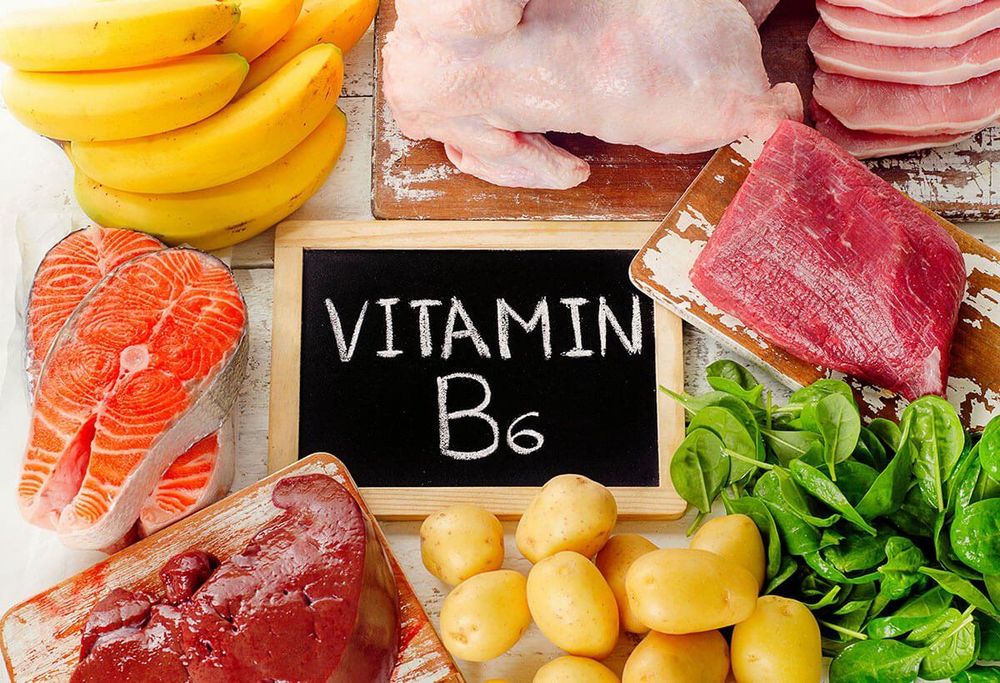
2.4. Option <br/>4: Vitamin EAS
Vitamin D deficiency can increase the risk of fractures, bone pain, and osteomalacia (softening of the bones). Your body can synthesize vitamin D on its own after exposure to sunlight. Vitamin D supplementation for older women is essential. Older women, especially those who stay at home or aren't exposed to sunlight, are at increased risk for vitamin D deficiency. Women ages 19 to 50 should get 15 mcg (600 IU) of vitamin D daily; Women over 50 should get a 20 mcg (800 IU) supplement.Foods rich in vitamin D include:
Fatty fish Cod liver oil Beef liver Although you can get vitamin D through a daily vitamin D-rich diet, it is best to supplement with oral tablets to ensure that you can get enough vitamin D every day.
2.5. Option 5: Vitamin E
Vitamin E is an antioxidant that helps fight free radicals that cause cell damage in the body. Vitamin E also helps reduce inflammatory responses in the body.Stress can cause cell damage and increase the risk of depression, heart disease and weight gain. Menopausal depression is relatively common. Research has shown that vitamin E supplements help reduce stress, reduce oxidative stress, and may help reduce the risk of depression. To increase vitamin E during and after menopause, add vitamin E tablets and increase vitamin E-rich foods to your daily diet. Aim to get at least 15 mg of vitamin E per day.
Some foods rich in vitamin E are:
Wheat Germ Almonds Avocados Broccoli Shellfish Squash Sunflower Seeds Spinach Egg Yolk Vitamin E Fortified Foods
3. Undesirable effects when supplementing with vitamins
3.1. Be careful when taking vitamin A
People with liver disease or who drink a lot of alcohol should take vitamin A supplements. High levels of vitamin A can have side effects and cause toxicity. Vitamin A can cause low blood pressure. You should not take vitamin A if you have low blood pressure or are taking blood pressure medication.Use vitamin A with caution if you:
Are taking birth control pills Are taking tetracycline antibiotics Take anti-cancer drugs Poor fat absorption Take blood thinners or drugs that affect bleeding or clotting
3.2. Be careful when taking vitamin E
Vitamin E should be used with caution in people with:Alzheimer's disease and other forms of cognitive decline Eye damage Kidney problems Heart problems Skin problems
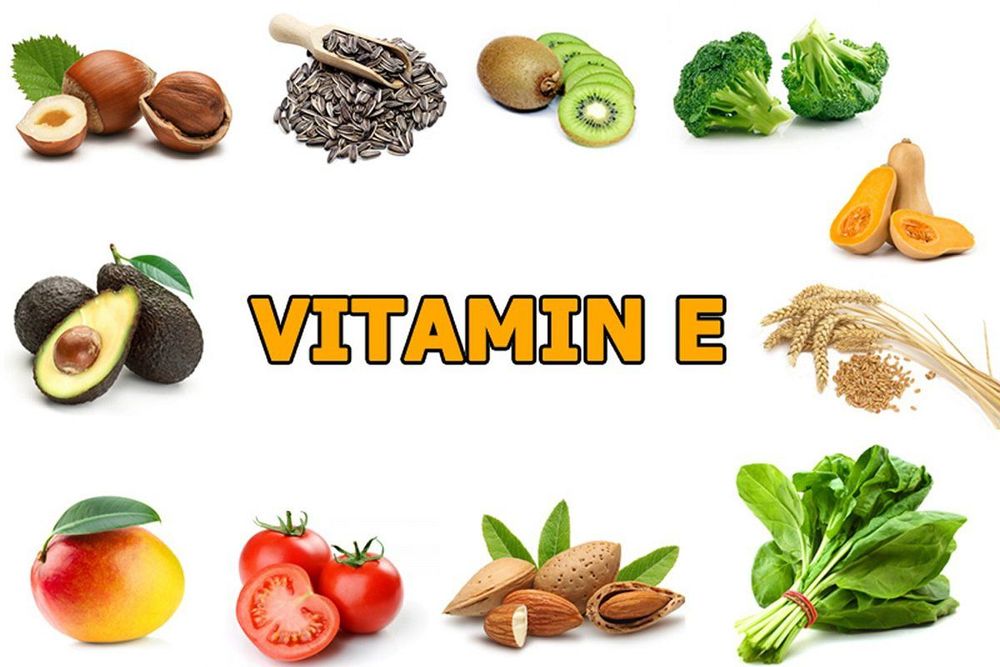
3.3. Caution when supplementing with Vitamin D, vitamin B-6 and vitamin B-12
Vitamin D, vitamin B-6, and vitamin B-12 can affect blood sugar and blood pressure. Use them with caution if you have diabetes, low blood sugar, or low blood pressure. You should also be careful if you are taking medication to control blood sugar and blood pressure.Vitamin B-6 can increase the risk of bleeding, so use with caution if you have a bleeding disorder or are taking blood thinners.
Use vitamin B-12 with caution if you have:
Heart problems High blood pressure Cancer, or a history of cancer Skin problems Gastro-intestinal problems Low potassium Many gout Common over-the-counter and prescription drugs can also interact with vitamins. If you take medications, ask your doctor or pharmacist about potential interactions before starting a vitamin supplement.
Vinmec International General Hospital with a system of modern facilities, medical equipment and a team of experts and doctors with many years of experience in medical examination and treatment, patients can rest assured to visit. examination and treatment at the Hospital.
Please dial HOTLINE for more information or register for an appointment HERE. Download MyVinmec app to make appointments faster and to manage your bookings easily.
Reference source: healthline.com





